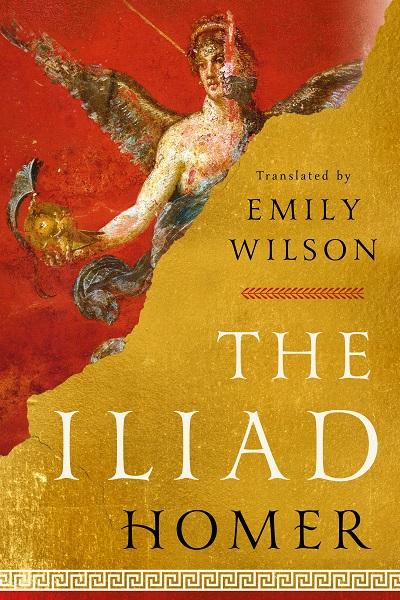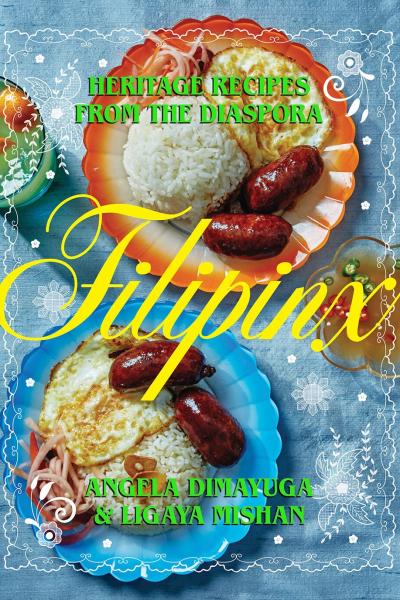
In case you are looking for something good to read during our continuing shelter-at-home order, here are a few more suggestions from our staff:
Autumn (Library Assistant):
Some of my prime pandemic reads:
The Pillow Book of Sei Shonagon : the diary of a courtesan in tenth century Japan (2011), a literary memoir of court life by an aristocratic Japanese lady-in-waiting circa 1000 A.D. Shōnagon uses narrative, poetry (mostly her own), and, famously, her short poem-like lists to describe her esoteric, aesthetically-obsessed world. Dreamy escapist reading.
Susan Orlean’s The Library Book (2018). Who knew that a work of nonfiction about a library closure could be a page-turner? Orlean writes with verve, imagination, and a keen instinct for building suspense about the devastating 1986 fire that shut down the Los Angeles Public Library for seven years—as well as the importance of libraries in American lives, and the people who are passionate about them.
Poems of the day, every day! Poetry Daily, Poetry Foundation, American Life in Poetry, Academy of American Poets…somehow I’ve signed up to receive daily infusions from them all. Mostly, the poems are delicious, even the downbeat ones (lots of pandemic poetry coming out right now, not surprisingly). Plus, most are bite-size—perfect for this mass moment of scattered attention.
Steven (Librarian, Head of Technical Services) recommends:
Fantasyland: how America went haywire : a 500-year history (2017) by Kurt Andersen
I'm not sure how much I can say this is a pandemic favorite but it does provide an explanation for some of the more bizarre and outlandish behavior we have seen in many people's reactions to the shelter-in-place orders and the inexplicable refusal to accept the advice of scientists and medical professionals. Andersen traces the credulity and the resistance to evidence-based information back to colonial times, when people sailed to North America in search of gold in North America because the Spanish found gold among the Aztecs and Incas -- in Central and South America. You cannot argue with reasoning like that. Given the vast parade of examples in his book, I find it hard to argue with Andersen's central thesis: that believing in whatever nonsense most appeals to you does not come about in recent years as a result of television, or Star Wars or other recent popular culture. Instead, it's baked into the cake as part of the origins of the U.S.
Enjoy and stay healthy!



